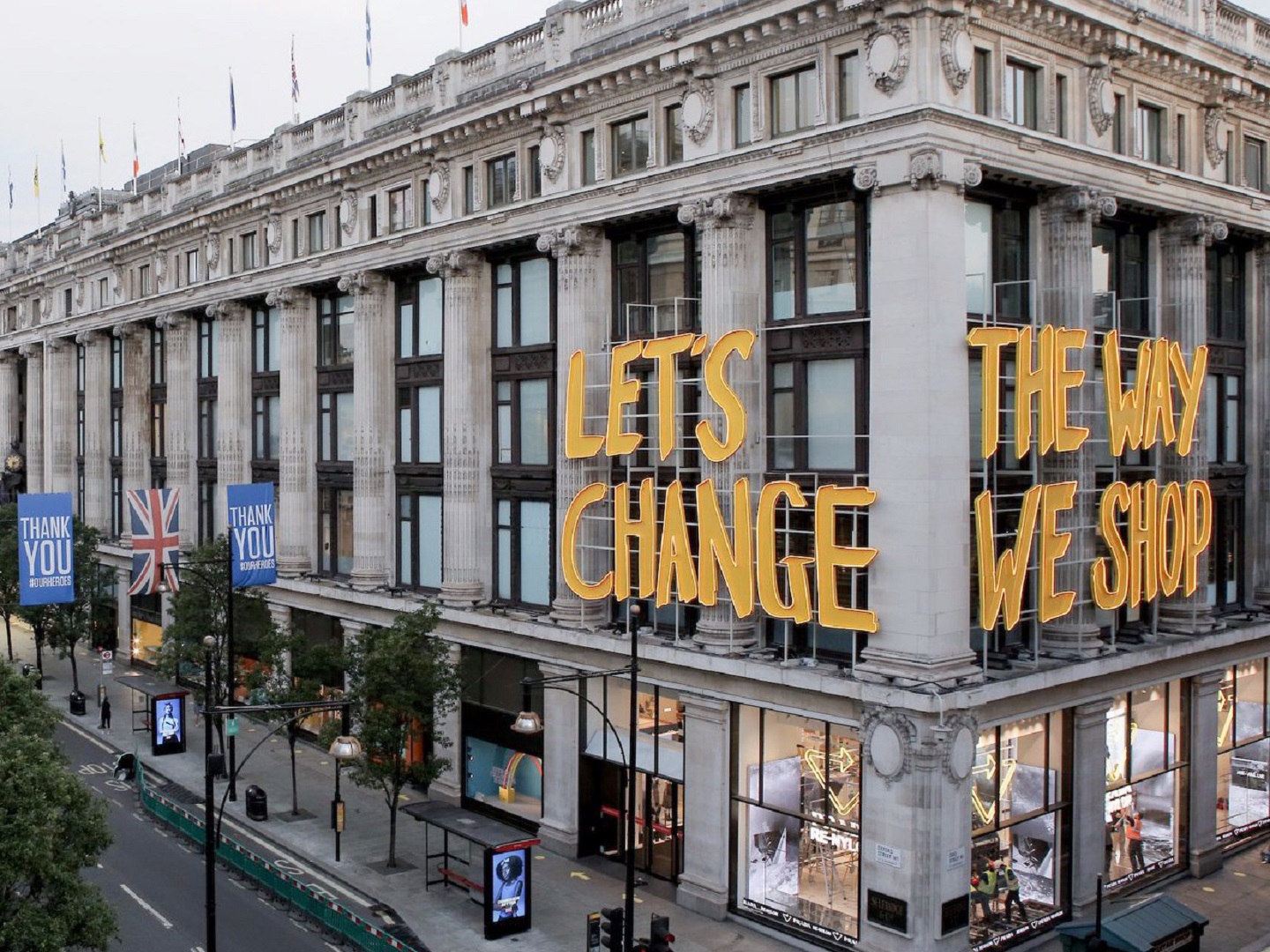
The pandemic has changed retail experiences worldwide (Photo: Selfridges)
The journey towards recovery has begun after a year no one could have predicted. As promising Covid-19 vaccines hold out hope around the world, leaders are talking about healing for their people, country and economy.
How has the pandemic affected consumer behaviour globally and what do brands need to understand to plan ahead? How can they pivot to the new normal and be fluid and creative to stay competitive?
Future 100: 2021 identifies 100 compelling trends and changes to track this year in 10 sectors: culture, tech and innovation, travel and hospitality, brands and marketing, food and drink, beauty, retail, work, health and finance.
The annual report by Wunderman Thompson Intelligence, presented in bite-size capsules, taps the expertise of industry insiders for information that it translates into insights for brands. Here is a quick look at what is afoot on the ground.
ppg_2021_palette_of_the_year.jpg
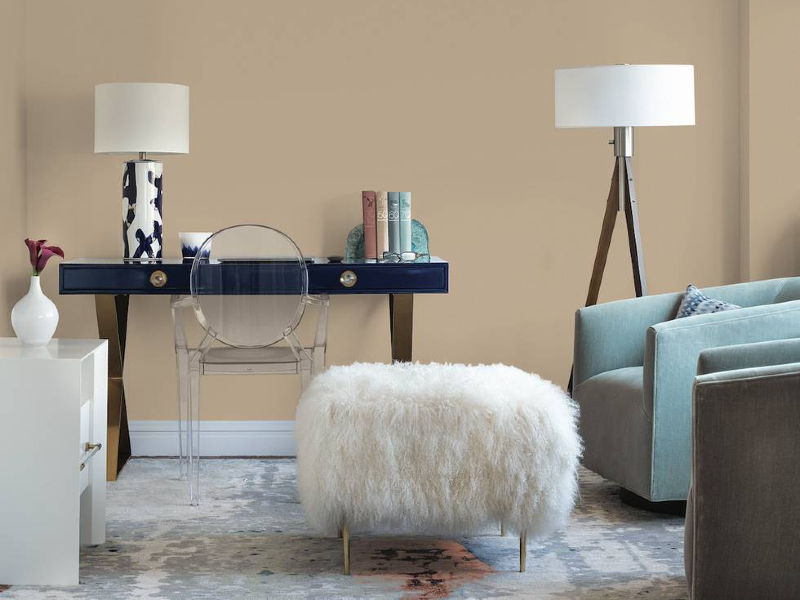
Home is the place to be as people stay indoors to keep safe and wait out lockdowns imposed to break the chain of Covid infections. Shielding from threats to their health, political turmoil and social unrest, they turned to elements that offer a sense of stability and security, such as soothing colours and spaces that evoke feelings of warmth. Interiors are becoming sanctuaries; and restful, reassuring colour palettes that “improve mindfulness and intention, with an emphasis on compassion and optimism” have replaced loud shades that shout overstimulation.
Quarantine has also grounded live-action filming, but animators have stepped forward to tell new stories for children and grown-ups, as adult cartoons such as The Simpsons and South Park continue to keep fans entertained.
CBS’s Tooning Out the News made its debut last year, as did Star Trek: Lower Decks. Fox is developing an animated spin-off series of 1990s cult show The X-Files and Netflix is revisiting Norman Lear’s 1970s sitcom Good Times in the form of an animated series. Come summer, Disney will air What If…? — a 10-episode series based on its Marvel franchise. The global animation market is projected to reach US$473.7 million by 2026, up from US$272.1 million (RM1.1 billion) in 2020.
star_trek_lower_decks.jpg

The pandemic has put a halt to physical concerts and exhibitions, but organisers cleverly used technology to present virtual events, where visitors enjoyed safe in-person experiences. But the need to boost revenue streams is driving people towards physical gatherings again. Last August, Virgin Money United Arena hosted a concert where the audience sat on 500 elevated “personal platforms” set 6ft apart, at a venue that could hold 2,500 people.
Technology has lifted sports to another level for fans: from watching their idols in action, they can now compete alongside them in the virtual realm. For US$76,300, Aston Martin’s AMR-C01 racing simulator can put you alongside Sebastian Vettel as you careen down the tarmac. Adidas’ GMR smart insole enables amateur soccer athletes to record and merge their training skills with the EA Sports FIFA Mobile game. Digital rewards await those whose kicks, shot power, distance and speed, measured in real life, measure up.
Cars have been given a biophilic makeover, with luxury brands going for organic and human-centric designs. Hyundai’s Prophecy, an electric vehicle concept with soft, rounded edges, aims “to forge an emotional connection between humans and automobiles”. Mercedes-Benz’s avatar-inspired concept car is designed to feel more like a living creature than an automobile, and “blend harmoniously into its environment and communicate with it”.
the_mercedes-benz_vision_avtr.jpg
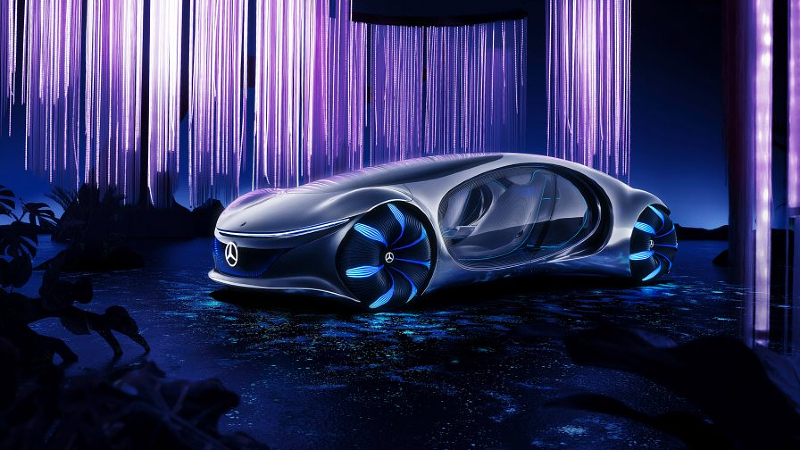
Travel, hard-hit as borders stay closed, has seen industry players exploring new avenues to satiate wanderlust or the desire to indulge in new things. Luxurious and exclusive destinations and elite travel solutions top the list as high-end travel clubs pander to the surge in demand from members wishing to rent hotels and private homes, or to immerse in the outdoors far from other tourists.
Subterranean resorts integrated into the landscape to maintain the natural beauty and tranquillity of their surroundings, as well as respecting their history and heritage, are an option. They offer a connection with nature while protecting and preserving the environment — key attractions in sustainable and mindful travel.
For the broader base of travellers, domestic destinations are good to just get away or have a short break. People are discovering hidden delights close to home and giving the local industry a boost. Hotels are rethinking their facilities, such as setting up working spaces or having rooms accommodate more activities, to engage guests.
Families holidaying together — a trend that has become apparent in Asia in recent years — seems to have caught on in the West. Touchless travel, from self-service offerings and contactless check-in to in-flight transactions and security screening at the airport, give consumers confidence about hygiene standards as the sector struggles to adapt and prepare for a comeback when borders eventually reopen.
63.jpg

Working together to make things better is the new focus for brands that have set aside competition for the greater good. Purpose — fighting Covid — brought together pharmaceutical companies and enabled research and innovation, leading to the rollout of vaccines in far less time than expected. It is a standard that Generation Z, which believes collaborative effort is crucial to drive change, expects of brands.
Last year, the resale sector, driven by 64 million shoppers, grew 25 times faster than overall retail businesses. The second-hand clothing market is forecast to grow from US$28 billion today to US$64 billion in 2024, says San Francisco-based online thrift store ThredUp. Brands such as Gucci, Burberry, Uniqlo and Stella McCartney have gone circular too. It is a way to reuse and recycle, weed out fakes and keep resale values buoyant.
Ethics and accountability add value to brands as consumers hold them answerable for their actions. “While brands may not have had a moral or ethical responsibility in the past, they absolutely do now,” says Did They Help? founder Pooj Morjaria.
“What a brand stands for, its beliefs and values, will become as relevant as products and aesthetics,” says Riccardo Bellini, CEO of luxury fashion house Chloé, in WWD.
gucci_equilibrium-the-real-real_9.jpg
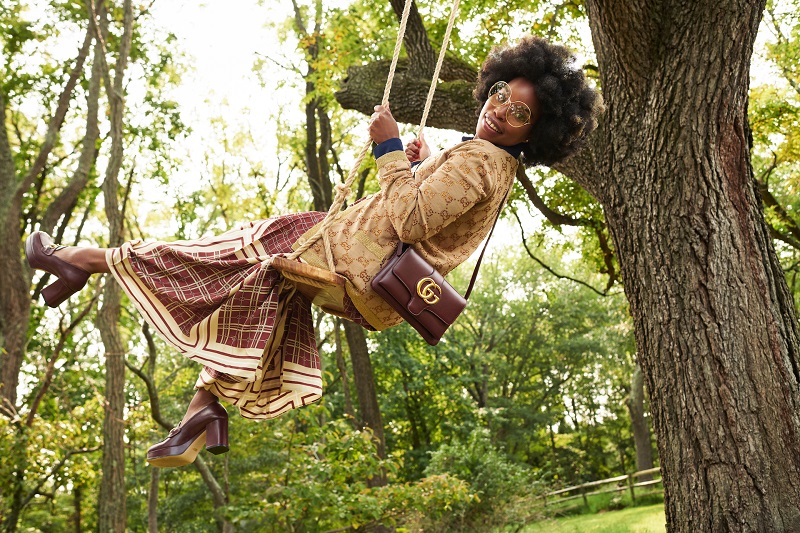
As the pandemic shutters restaurants and forces people to eat in, healthy eating has become a priority, as has antimicrobial packaging, with people worrying about cleanliness and hygiene. Staying home has also spawned a host of micropreneurs, who have surprised even themselves, producing cakes, cookies, essential oils, soaps, candles and clothing in their kitchens to supplement incomes that have been reduced or removed altogether by the coronavirus.
High-end destinations present creative options to diners who crave personalised gourmet experiences, no matter the cost. Michelin-starred Costes served dinner on the Budapest Eye Ferris wheel, from which guests (four to a cabin) feasted on the city view as well as their four-course meal. Paris’ Les Bains drained and repurposed its underground swimming pool — built in 1885 when the luxury hotel was originally built as a bathhouse — into a unique private dining room.
Skincare has become healthcare as brands pack lotions and creams with organic or foraged ingredients. Beauty has turned towards wellness as women experiment with colours, gloss and glitter and draw confidence from outlandish transformations described as imaginative, personalised and refreshing. Women-led brands have initiated dialogues and ideas on what the industry must do to promote inclusive beauty, black representation and intersectional feminism.
costes_group.jpg
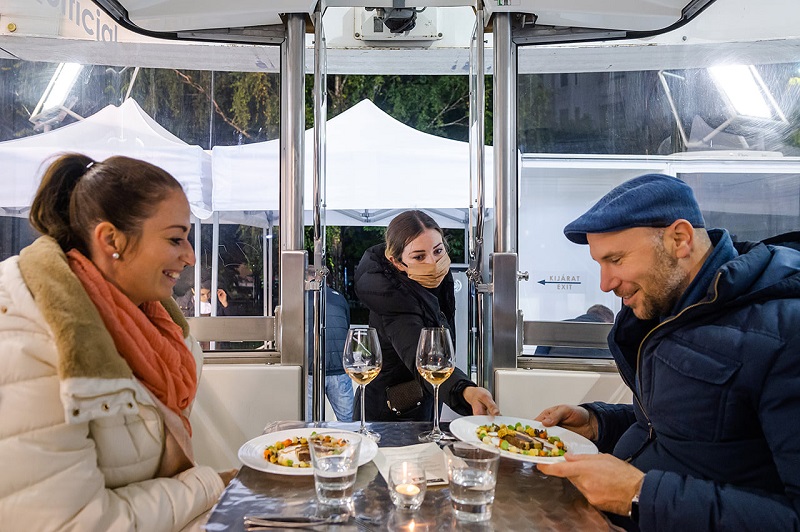
Skinfluencers, seen as authentic voices sharing advice on products, have taken to Tik Tok and YouTube to recommend products targeted at savvy Gen Z buyers. They are young, relevant and honest. As South Korea’s Young-Seok Yuh, formerly a beauty sales rep, tells his more-than-a-million followers on TikTok, “I have no filter.”
Fin-fluencers are also making their presence felt on social media, airing views on personal finance topics from budgeting to investing, credit, taxes and everyday matters such as whether one should buy or rent a car. As laid-off Gen Z finds its way from stock markets to starting a business, this new breed of personal finance teachers is gaining traction.
The unfiltered reality about the pandemic is that people are tightening their belts and being more cautious about spending. Saving for a rainy day has gained new meaning and even the young are watching their wallets. This conservative consumption trend means brands must speak a different language and adopt a fresh approach post-Covid.
This article first appeared on Feb 8, 2021 in The Edge Malaysia.


